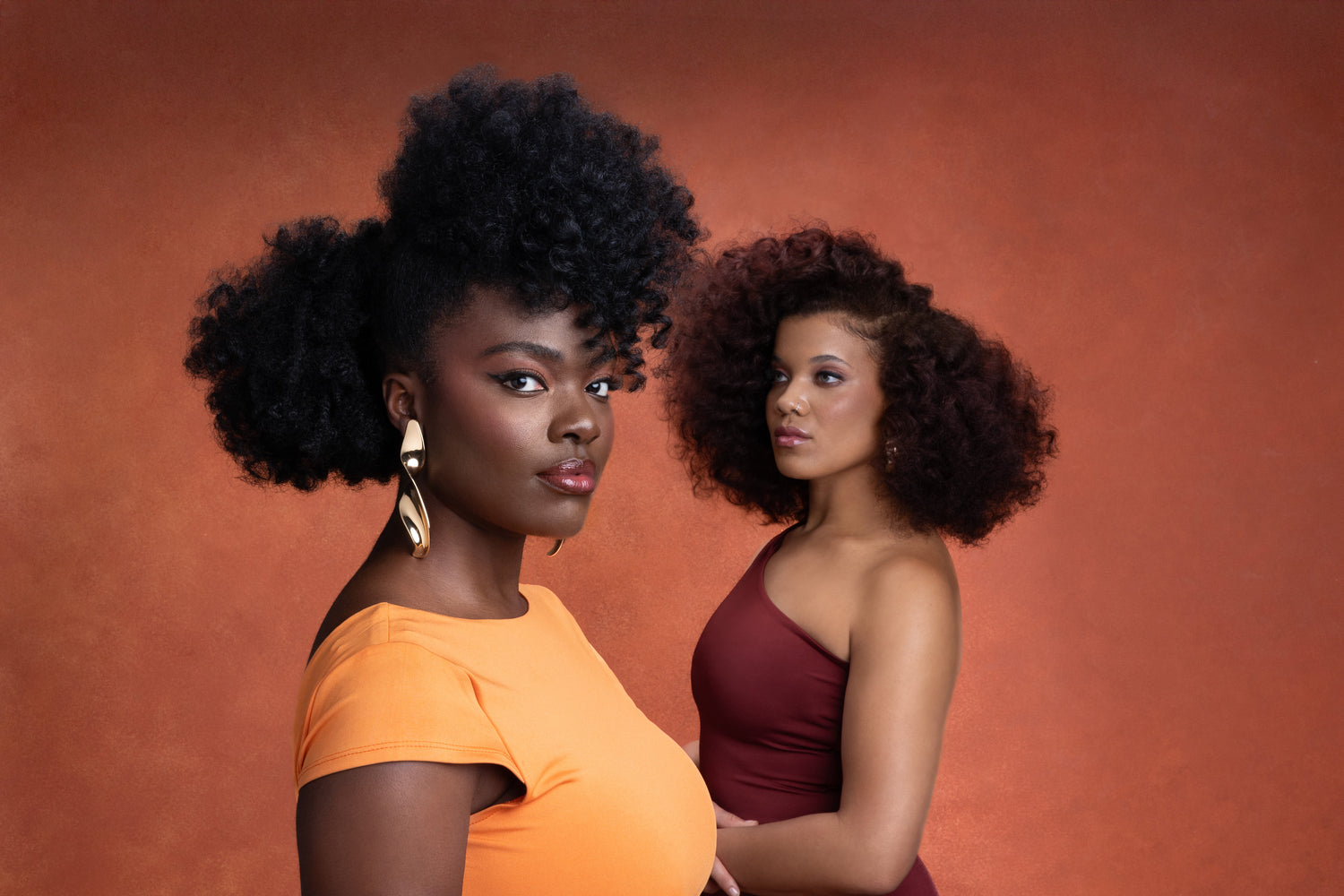Contribution from Miss Chuma. Inspired by the March 2017 Haircare 101 event.
Is Afro Hair Professional?

Do We Subconsciously Think Afro Hair is Unprofessional?
I wasn’t always conscious of the idea that afro hair wasn’t considered professional. Then again I have always worked in environments that had bubbles of blackness, a security blanket if you will that allowed me to explore different looks freely. At one point I was known as the girl with big hair. I went through a faze of wearing Diana Ross style wigs. Big, bold, curly, kinky type wigs. The I wore twists and braids before I finally big chopped and rocked my twa with ease. I didn’t have to think about whether this was professional because it was a part of me.
Then about a year ago something changed, I sought a new challenge and I had to move on. I secured my new role whilst wearing a straight full front fringe wig. It was mid January, winter time and I was protective styling, it also hadn't crossed my mind that I could go to a job interview with my hair in it’s natural state, it’s just not something I thought about. It only dawned on me when naturals were sharing stories at the workshop. Then I started to wonder whether I would have secured the role if I went in with my natural hair, in the same way we discussed whether Obama would have been president if Michelle was a naturalista.

Bursting the Bubble of Blackness
The bubble of blackness I was in for so many years meant that I didn’t have to think about representation at work, we had plenty of examples all the way up through management. I have now become the only black woman on my side of the office. Which makes me the SOLE representative of all black women EVERYWHERE.
So in the first few months in my new position I hid behind my front fridge straight wig until it died on me and I felt comfortable enough to try something new. I call this phase two, the crochet senegalese twists. Needless to say there was the usual, "omg Chuma your hair" and, "you look so different" and, "oh wow I love your dreads" (*proceeds to touch said dreds* *side eye*) but at least a conversation started. I became the afro hair educator.

At the event, there was a talk on the perception of afro hair in the professional world. Words appeared on one of the slides at the workshop that have popped up a number of times in my mind. Militant, unruly, untidy, nappy. I imagined the assumptions that would be made and recall how uncomfortable I was when I first walked into work with my hair in a puff. Thankfully my colleagues reacted positively.
My story was one of many relatable experiences that us naturals discussed at the workshop, the space allowed for a supportive, cohesive interaction. It wasn’t all peaches, we heard other naturals having negative experiences, being told to fix their hair and that having it out looks messy. Some of this negativity even coming from black colleagues.
Making Afro Hair Professional
We all at some point or another have thought about the impact our hair makes in a work environment. Some are bolder, some are more free than others. We all have to consider how much of ourselves we are willing to present in the environment where we spend most of our time.
My initial intention for attending the Hair 101 event was to explore new ways of wearing my hair. What I left with was far greater.
I took away a camaraderie, an acknowledgement that hair has to be appropriate to the work environment but does not have to be straight to be professional. The more we naturals continue to wear our hair in its natural state, the more we continue to change perceptions. "It’d be lovely if it were just normal." as Chimamanda states.
Relevant articles:
Is Natural Hair Unprofessional?
The Ultimate Afro Hair Guide
Create an Afro Hair Care Routine


